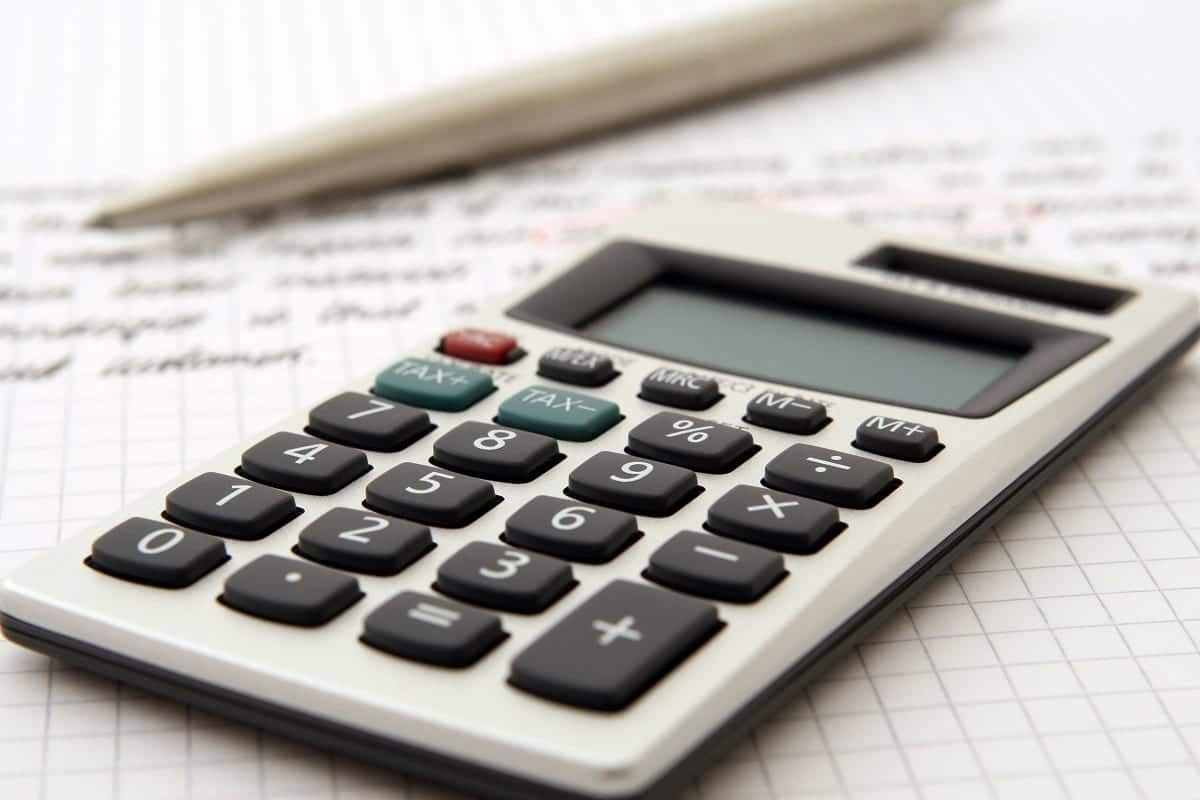Prepare For Tax Season
Tax season is fast approaching! Do you have a plan for dealing with documents once you’ve filed? How should you store old records? How long do you have to keep them? Here’s a brief outline for how to handle these important documents.
How long do you have to keep tax records?
First off, for how long do old returns and documents need to be saved? The guidelines vary according to your specific situation, so it’s always best to ask your tax preparer. In general, though, the IRS recommends the following:
Keep your return and any supporting documentation (like W2s, expense tracking, mileage, 1099s, etc.) for three years after the date of filing. After three years, the IRS’s statute of limitations for an audit expires. However, the IRS can go back six years if you’ve under-reported your income. Plus, there is no statue of limitation if you don’t file at all or file fraudulently.
There are other special circumstances to keep in mind. Records for nondeductible IRA contributions should be maintained for three years after the account is depleted. Taxable account transaction records should be kept for up to three years after the investment is sold. Home purchase or improvement records for should maintained for three years after the home is sold. Plus, if you’re paying state income tax, the states have different requirements, and most can look back farther than the IRS.
Tax returns are a security risk
Once your taxes are filed, you might simply pack documentation into file cabinets or storage rooms. That’s certainly the easiest method but it’s not secure. Your tax documents are a treasure-trove of valuable, personal information that criminals can use to steal your identity. Social security numbers, birth dates, addresses, financial details, and employment information are all contained in your tax documents. Additionally, tax-related ID theft occurs when a criminal files a fraudulent tax return using your stolen social security number. You may not even know it has happened until your own, legitimate tax return is rejected from the IRS or they send you a letter about suspicious activity regarding your return.
How to store tax returns
For tax returns that need to be kept for an extended period of time, ensure that hard copies are secure by locking them in a fire safe. If your business has a large quantity of tax-related information that needs to be stored, consider using an off-site storage service, like DataSafe’s secure facility.
You may also consider keeping digital copies of files. The IRS accepts digital files as long as they’re legible. It’s easy to organize digital records so you’ll be less likely to lose track of specific documents. Scan your documents, save them to a hard drive, and store the hard drive in your fire safe. You can also use a cloud-based storage service.
DataSafe is pleased to offer document scanning and cloud services, so if your home or business needs assistance organizing your tax files, give us a call today.
How should you handle old tax returns?
Once you’re certain that you don’t need tax returns, how should you dispose of them? Secure shredding, of course! If you need to shred a small quantity of files, you can use a cross-cut shredder. Never use a shredder that cuts the paper into long strips since documents can be pieced back together. If you have years-worth of returns to shred, the easiest and most secure way to get the job done is to call in the professionals. DataSafe provides a wide variety of shredding options to meet your specific needs. We can shred a single box of files or an entire warehouse of old documents. Use our online estimator to see our options and schedule service today!

Get Your Quote
"*" indicates required fields

